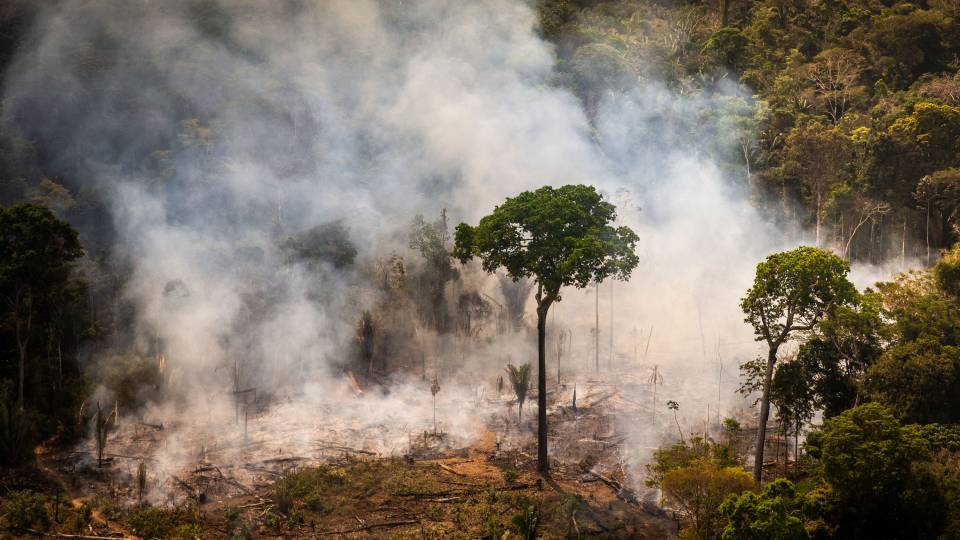Princeton University's Council for International Teaching and Research has selected four faculty proposals to receive funding for the creation of global network initiatives. The projects, which will begin in fall 2012, are focused on race and citizenship in the Americas, the future of classics study, wide-scale collaborations in anthropology and new efforts to map the sky.
The Princeton Global Collaborative Networks Fund facilitates international scholarly networks that enable Princeton to engage with centers of learning worldwide. In addition to the Princeton fund, the grants — which total nearly $650,000 — are supported in part by Sovereign Bank and the University of São Paulo.
The newly selected projects and their coordinating faculty members are:
Race and Citizenship in the Americas (Pedro Meira Monteiro, Spanish and Portuguese languages and cultures, and João Biehl, anthropology). This project will bring together Princeton and Brazilian scholars to study the interface of race, citizenship and social mobility in Brazil and in the Americas. The goals of the project are to produce fresh perspectives on Brazilian society and politics and to address intellectual, ethical and policy questions regarding race and citizenship in the Americas. The initiative, which will include three yearly major conferences and small workshops at Princeton and the University of São Paulo, will build on longstanding exchanges between the institutions.
Postclassicisms (Constanze Güthenke and Brooke Holmes, classics). This initiative aims to strengthen Princeton's position as a hub in the intellectual movements that are redefining the study of classical antiquity, the historical formation of classics, its foundational role in the emergence of the humanities, and the discipline's position in the 21st century. The project — including a series of workshops, short-term faculty and graduate student exchanges, and conferences — will link Princeton to the University of Cambridge; the Max Planck Institute for the History of Science; the University of Oxford; the Scuola Normale Superiore in Pisa, Italy; University College London; the University of California-Irvine; and the University of Sydney.
Engaged Anthropology: The Ethics and Politics of Collaborations in the Field (Carolyn Rouse, Rena Lederman and John Borneman, anthropology). Scholars and students from Princeton, Southern Africa, Brazil, India and Japan will come together with regional experts in this project to redefine engaged anthropology beyond the views of Western experts. The project will document the emerging institutionalization of anthropology in sub-Saharan Africa, the Middle East, Latin America, India, Eastern Europe and the Pacific Rim. Participants will also work to understand how anthropologists in different parts of the world define ethical fieldwork and seek to identify affiliations Princeton students can turn to during fieldwork.
SUMIRE, Mapping the Universe: The Next Generation of Imagers and Spectrographs (Michael Strauss, astrophysical sciences). The Subaru Telescope in Mauna Kea, Hawaii, will be utilized in this initiative to map more of the sky to a greater depth, and with higher precision, than has been possible before. A network including researchers from Princeton, Japan, Taiwan, Brazil and France will carry out an imaging survey of the sky and will develop of a new spectrograph that will allow researchers to develop the most comprehensive three-dimensional map of the universe. Princeton researchers, from undergraduates to senior faculty, will work to build this collaboration with international partners.
More information about the new grants is available on the Council for International Teaching and Research website.



